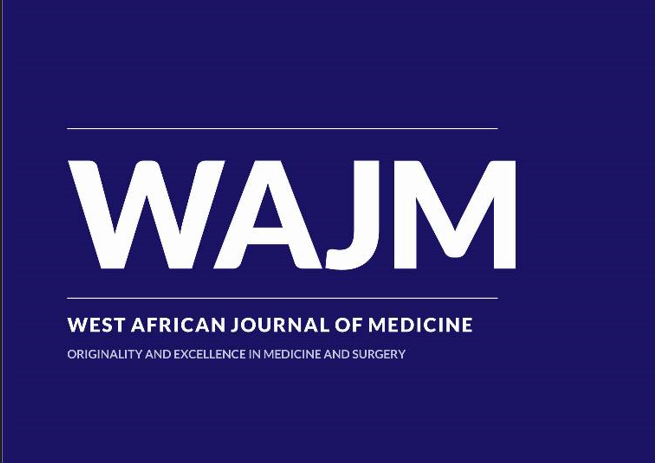CASE REPORT: Residents-as-teachers: A Needs Assessment of Residents' Teaching Skills in the Clinical Setting Using Direct Observation of Teaching
West African Journal of Medicine 2024 February; 41(2): 215-225 PMID: 38583130
Keywords:
Assessment, Bedside clinical teaching, Needs assessment, Residents-as-teachers, Teaching skillsAbstract
Background and objectives: Residents play a significant role in teaching undergraduate medical students though most residents have not received formal training in teaching and may be adopting ineffective teaching strategies. Many institutions have established a residents-as-teachers (RaT) programme to improve residents' teaching skills. However, many RaT programmes were established without a context-specific needs assessment. This study describes a need assessment survey of residents' teaching skills. The specific objectives of the study were to determine the residents' selfperceived and true learning needs for facilitating clinical teaching, the preferred important topics and methods of instruction for a RaT programme.
Methods: This cross-sectional, prospective, observational, quantitative study involved self-assessment of residents' teaching skills and assessments of those residents by medical students and an observer during actual clinical bedside teachings using the Maastricht Clinical Teaching Questionnaire.
Results: Thirty-nine (78%) out of 50 residents participated in the study, of which 20 agreed to direct observation of teaching. Sixty-two (85%) of the 73 medical students completed 82 evaluations of residents' teaching. The residents' self-perceived and true learning needs were in the domains of exploration, scaffolding, modelling, coaching and reflection. The leading preferred topics were communication skills, leadership, the teaching of procedural skills, and bedside teaching. The preferred methods of instruction were interactive sessions with teachers and working in small groups with a facilitator.
Conclusions: Residents performed well in creating a safe learning environment but were poor in exploration, scaffolding, modelling, coaching and reflection domains of teaching. These findings will inform the design of a tailor-made RaT programme.


